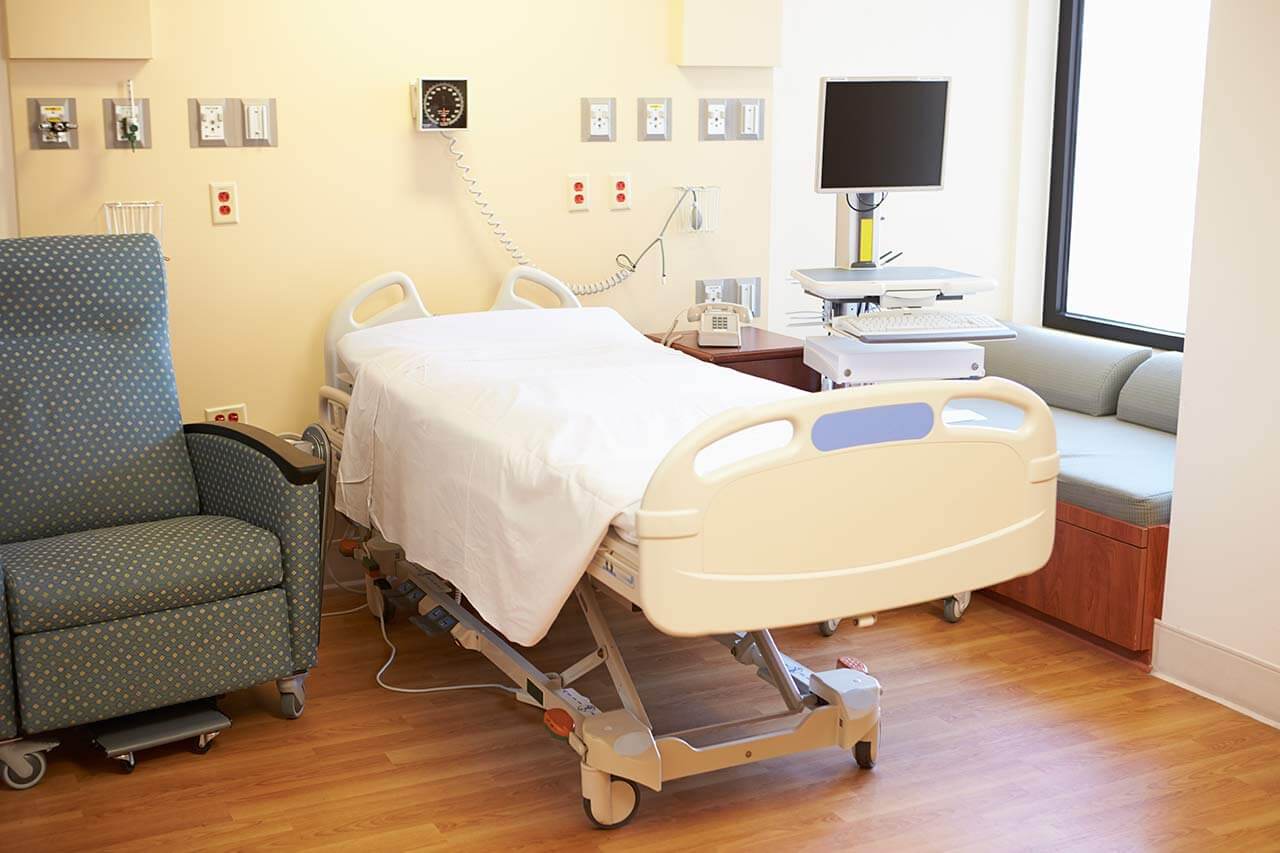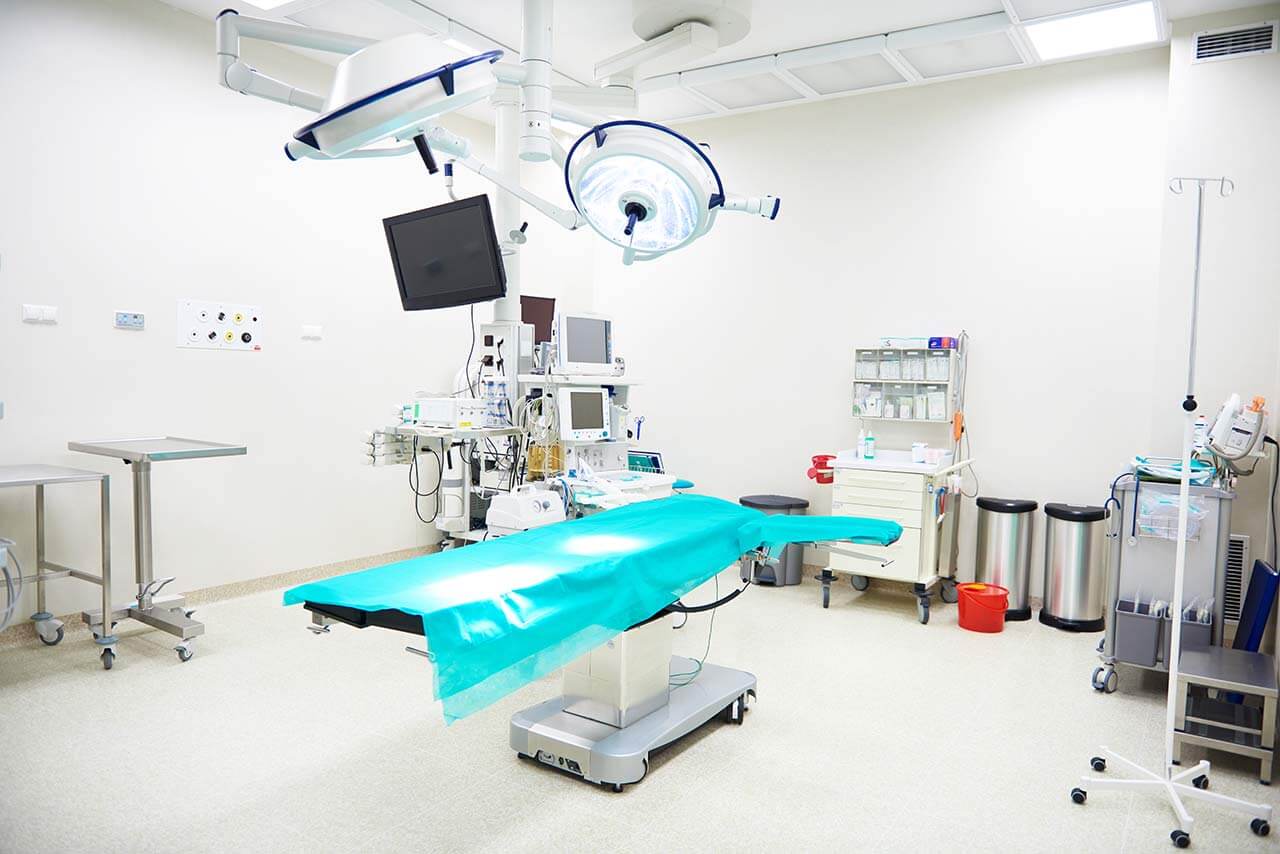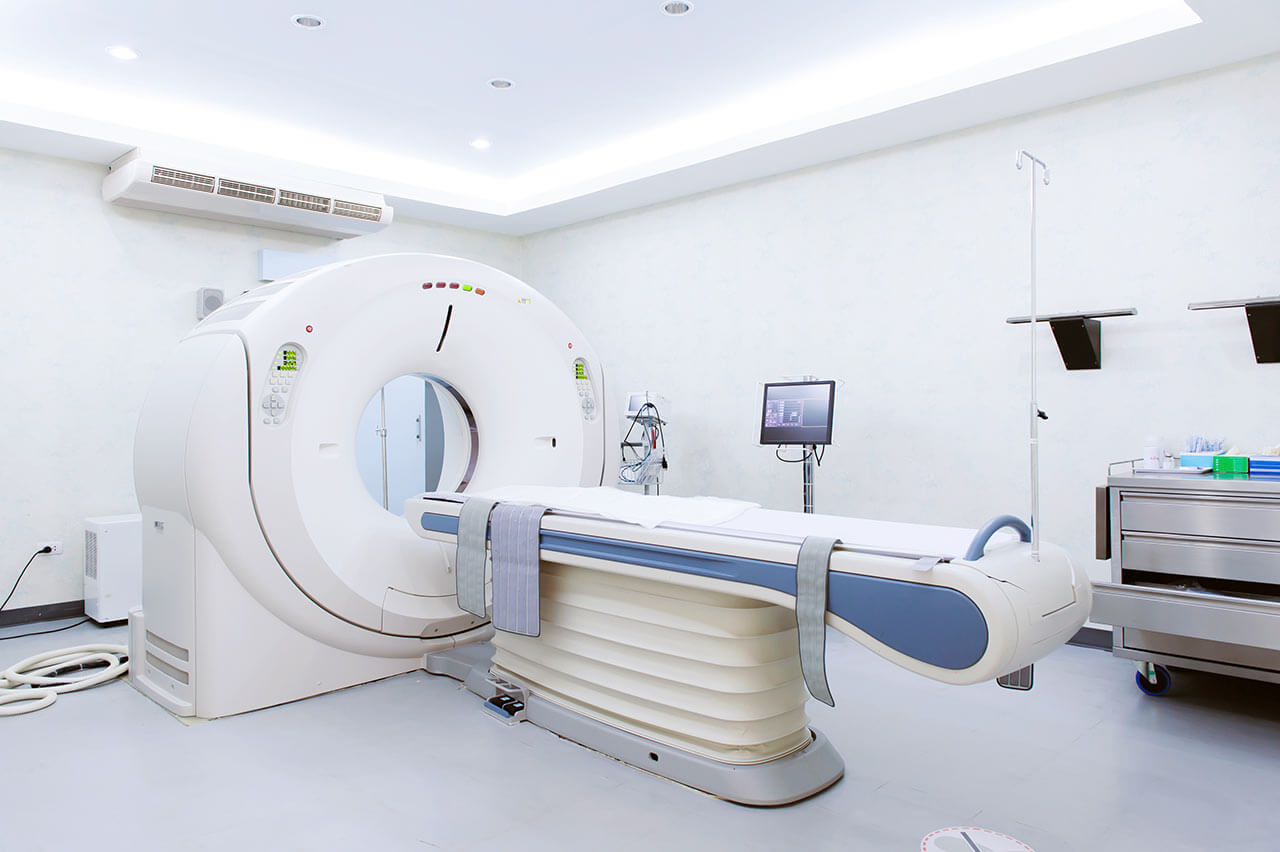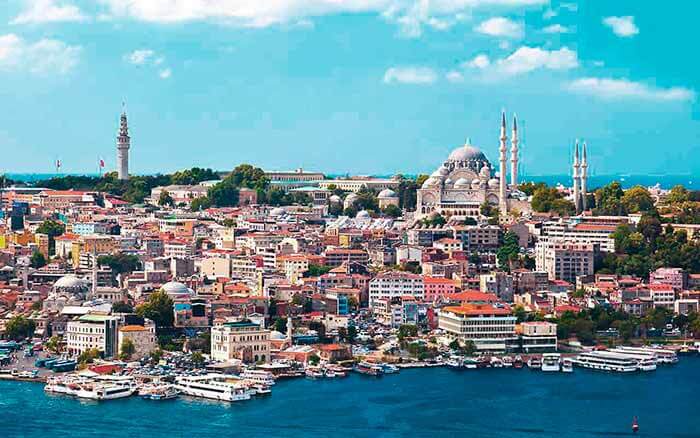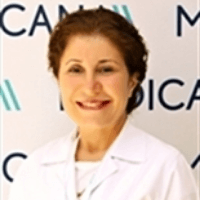
The program includes:
- Initial presentation in the clinic
- clinical history taking
- review of medical records
- physical examination
- urological examination
- laboratory tests:
- complete blood count
- general urine analysis
- biochemical blood test
- inflammation markers (CRP, ESR)
- blood coagulation analysis (aPTT, PT, INR)
- tumor markers, PSA
- ultrasound of pelvic organs (abdominal or through rectum)
- PSMA PET-CT
- nursing services
- consultation of related specialists
- treatment by chief physician and all leading experts
- explanation of individual treatment plan
Required documents
- Medical records
- MRI/CT scan (not older than 3 months)
- Biopsy results (if available)
Service
You may also book:
 BookingHealth Price from:
BookingHealth Price from:
About the department
The Department of Nuclear Medicine at the Medicana International Istanbul Hospital offers the full range of radionuclide diagnostics and treatment methods. The main fields of their usage are oncology, cardiology and neurology. The head of the department is Prof. Dr. med. Meryem Kaya.
The department's specialists have at their disposal the cutting-edge PET-CT Discovery IQ devices, gamma cameras and scintigraphy systems, which provide the most detailed imaging of pathological changes, assessment of their localization, structure and spread. The positron emission tomography method in combination with computed tomography (PET-CT) provides the most informative imaging and has a high anatomical resolution. This method helps to distinguish a benign disease from a malignant one at a very early stage, as well as to draw more accurate conclusions about the size of the neoplasm, which helps to choose the optimal treatment strategy. The PET-CT is also widely used to diagnose Alzheimer's disease. While other imaging methods do not detect changes in the brain at an early stage of pathology, this method makes it possible to identify even minor metabolic disorders in the brain. Another effective imaging method is scintigraphy. This examination is based on the confirmation or exclusion of a disease with the help of imaging of the accumulation of a radioactive substance by organs or tissues.
The service range of the department includes:
- Diagnostics using the state-of-art PET-CT Discovery IQ system for the following pathologies:
- Oncological diseases
- Brain diseases
- Head and neck neoplasms
- Esophageal diseases
- Lung diseases
- Colon and rectal diseases
- Pancreatic diseases
- Thyroid diseases
- Cervical diseases
- Lymphomas
- Melanomas
- Epileptic seizures
- Conditions after coronary heart disease, coronary artery bypass grafting and myocardial infarction
- Alzheimer's disease and various forms of dementia
- Diagnostics of oncological diseases of the thyroid, spleen, liver, lungs and brain using gamma cameras
- Scintigraphy
- Myocardial scintigraphy
- Skeletal scintigraphy (osteoscintigraphy)
- Renal scintigraphy
- Thyroid and parathyroid scintigraphy
- Brain scintigraphy
- Lung scintigraphy
- Liver and gallbladder scintigraphy
- Scintigraphy of the lacrimal glands and ducts (dacryoscintigraphy)
- Lymph node scintigraphy
- Other diagnostic options
Curriculum vitae
Education and Professional Experience
- 1983 - 1989 School of Medicine, Trakya University.
- 1989 - 1992 Physician, Antalya Kumluca Central Health Center.
- 1992 - 1993 Member of the Tekirdağ Çorlu Tuberculosis Association.
- 1993 - 1997 Postgraduate Education, Residency, Nuclear Medicine, School of Medicine, Trakya University.
- 1997 - 1999 Medical Specialist in Nuclear Medicine, School of Medicine, Trakya University.
- 1999 - 2008 Assistant Professor, Nuclear Medicine, School of Medicine, Trakya University.
- Since 2008, Professor, Department of Nuclear Medicine, Medical International Istanbul Hospital.
Areas of Specialization
- Nuclear medicine in the treatment of oncological diseases.
- Nuclear medicine in the treatment of heart diseases.
- Neuropsychiatrics.
Photo of the doctor: (c) Medicana Health Group
About hospital
The Medicana International Istanbul Hospital is a modern medical institution, which provides patients with an individual approach, excellent health service and attentive care. The hospital is part of the largest Turkish network of the Medicana hospitals. Due to its long successful clinical activities, this network has won the leading positions in the national and international medical arena. The hospital has the prestigious Joint Commission International certification.
The total area of the medical facility is about 30,000 square meters, it consists of two modern buildings. The hospital has excellent infrastructure, accurate diagnostic systems, unique computerized medical devices. To provide surgical treatment, it has 8 state-of-the-art operating rooms, as well as special equipment for minimally invasive and robotic interventions.
The main focuses of the hospital specialization include liver transplantation, bone marrow transplantation, in vitro fertilization, hair transplantation and treatment of oncological diseases. The hospital annually diagnoses and treats thousands of patients both from Turkey and European countries. It employs the outstanding medical specialists with academic thinking, who use in their work innovative technologies and the very latest drugs, as well as pay due attention to the human attitude and respect for the patient.
Photo: (c) depositphotos
Accommodation in hospital
Patients rooms
The patients of the Medicana International Istanbul Hospital live in comfortable modern rooms designed in light brown colors. The standard room includes an automatically adjustable bed, bedside table, wardrobe, shower, toilet and TV. The patient rooms have the Internet access. The hospital also provides the enhanced-comfort rooms.
Meals and Menus
The patients of the hospital are offered tasty and balanced three meals a day: buffet breakfast, lunch and dinner. Also, with appropriate clinical indications or if desired, a diet, individual menu may be provided.
Further details
Standard rooms include:
